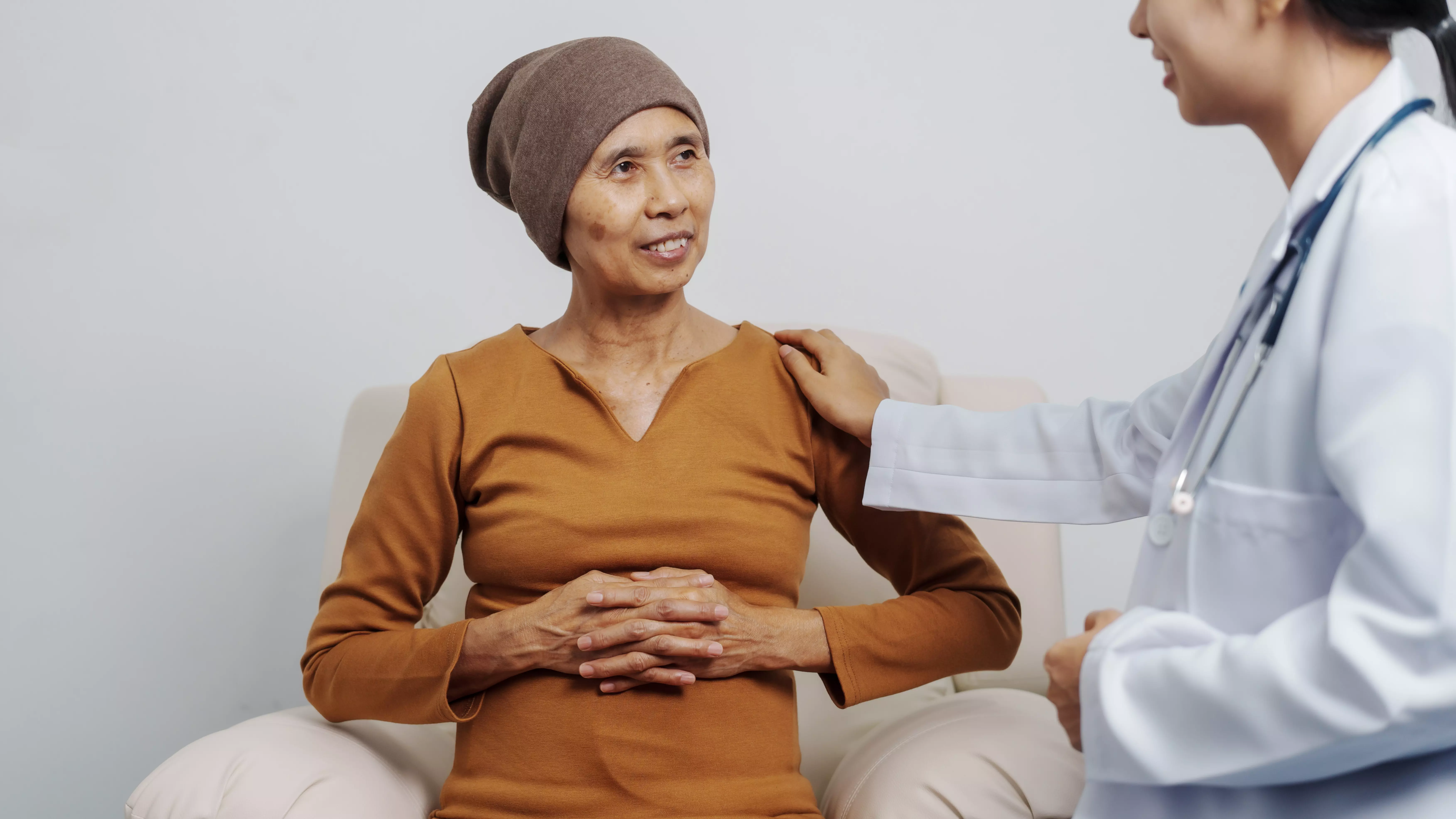Prevention of colorectal cancer in old age
Introduction to the problems of colorectal cancer
Colorectal cancer is one of the most common cancers worldwide. In Poland it is the second most common cause of cancer deaths among men, and ranks third among women. Prevention is a key element in the fight against this disease, especially among the elderly, who are at higher risk.
Risk factors for colorectal cancer
There are many risk factors that can increase the likelihood of developing colorectal cancer in late life. Among the most important of these are:
Age: The risk increases after age 50.Genetics: A family history of colorectal cancer increases the risk.Diet: A diet low in fiber and high in animal fats promotes the development of the disease.Lack of physical activity: People who sit for long periods of time have a higher risk.Smoking: Tobacco negatively affects intestinal health.Alcohol: Moderate to high alcohol consumption has recently been linked to a higher risk.Importance of regular checkups
Regular examinations are essential for colon cancer prevention, especially for older people. Colonoscopy is one of the most important tests for early detection of bowel abnormalities. It is recommended that people over 50 undergo regular colonoscopies every 10 years, and even more frequently if there are risk factors.

Signs of colorectal cancer
Early diagnosis of colorectal cancer can save lives. Symptoms that should worry you are:
Changes in bowel movements: Constipation or diarrhea that persists for more than a few days.Blood in the stool: Even small amounts of blood can be an alarm signal.Abdominal pain: Persistent pain or cramping that does not go away.Weight loss: Uncontrolled weight loss for no reason.Weakness and fatigue: Changes in mood can be a convincing sign.Diet as part of prevention
Diet plays a key role in colorectal cancer prevention. A balanced diet, rich in fiber, vegetables and fruits, and low in processed foods and red meat, can significantly reduce the risk of developing the disease. Important elements are:
Complex carbohydrates: Whole grain bread, brown rice, oatmeal.Vegetables and fruits: Rich in vitamins, minerals and antioxidants.Vegetable fats: Avocados, nuts, olive oil.Importance of physical activity
Regular physical activity is crucial in cancer prevention. Older adults should aim for at least 150 minutes of moderate aerobic activity per week. Walking, swimming or cycling are excellent forms of exercise that not only affect physical health, but also mental health.
Mental support and community
Emotional and mental support is important for older people in terms of health. Shared activities, social gatherings and support groups can greatly improve quality of life and influence the maintenance of a healthy lifestyle.
Summary and recommendations
Prevention of colorectal cancer in old age is a key element that can save lives. Awareness of risk factors, the need for regular examinations and a healthy lifestyle are the foundations of the fight against this dangerous cancer. Let's remember that each of us has an impact on our health - it's worth acting before it's too late!
